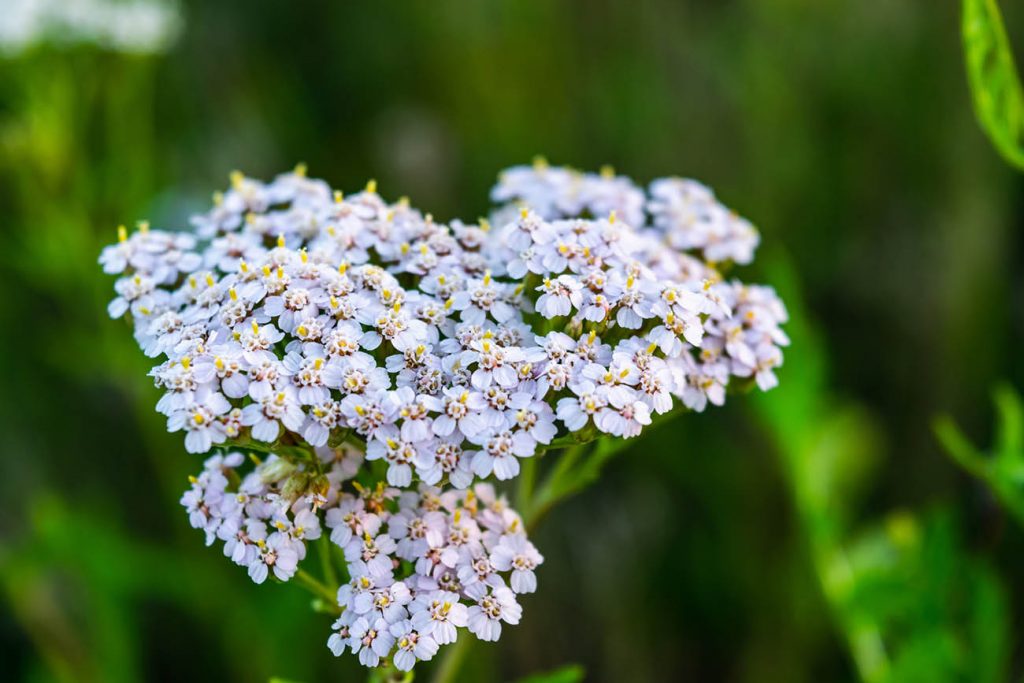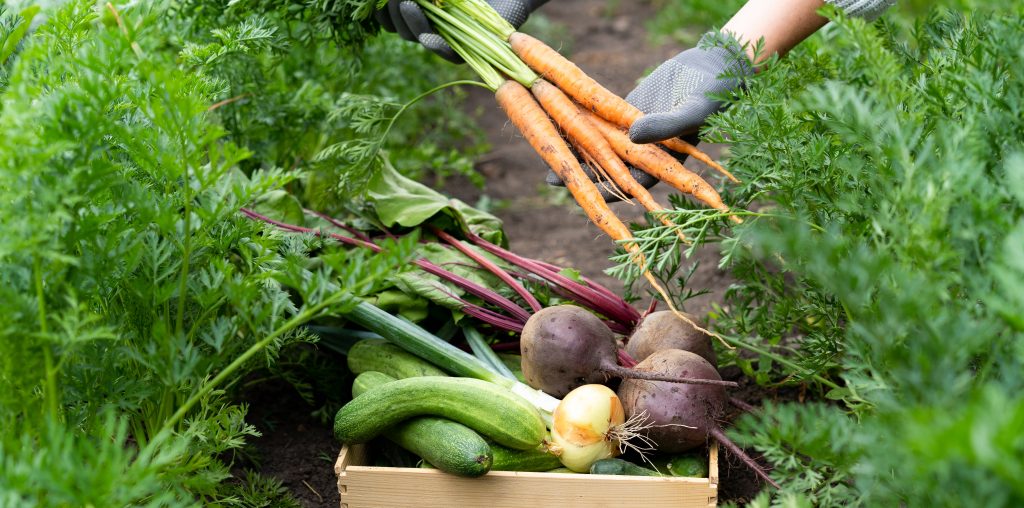For those of you planting out your vegetable gardens, one of the easiest and most effective ways to ensure a good harvest without the use of pesticides and chemical fertilizers is to use companion planting. Companion planting is choosing plants that are mutually beneficial and planting them in close proximity to each other, and planting them away from those that are detrimental. The benefits you will be looking for in your plants are pest deterrents, soil enrichers, growth encouragement, and flavour enhancers.
Basil: Improves the flavour and growth of most crops, but is especially good when grown near tomatoes. Basil is also good at helping to deter thrips, mosquitoes, and flies.
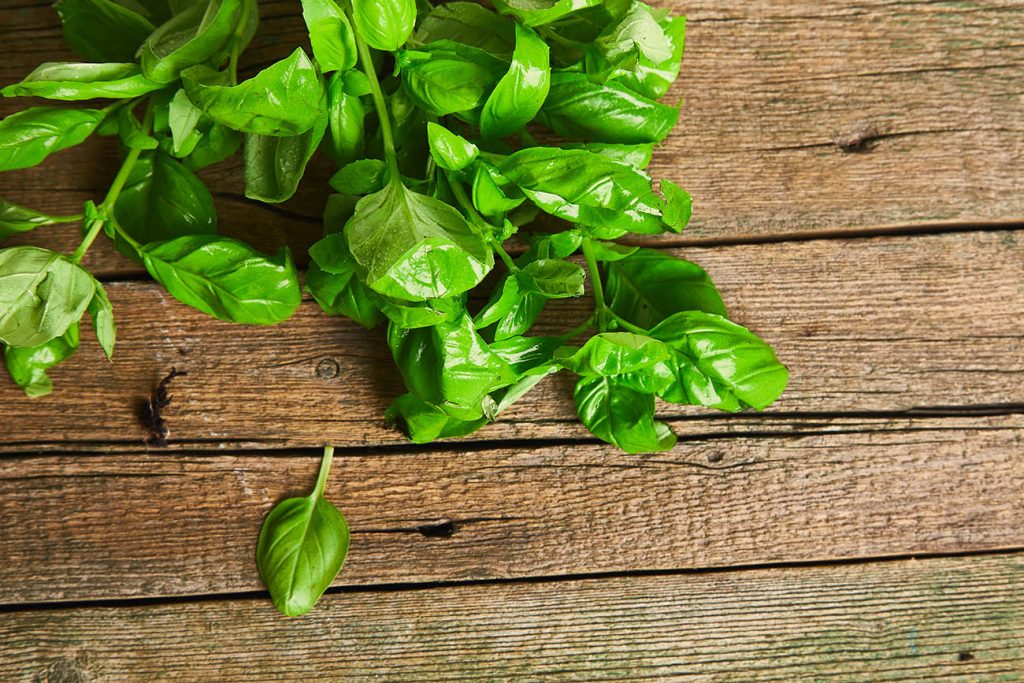
Beans: Provide nitrogen for the soil. Beans are fantastic for heavy nitrogen users like corn and grains, and does especially well when planted near potatoes, as they help to repel bean beetles. Beans should be kept away from plants in the onion family (alliums). Beans should be picked before they fully mature, as the plant will stop producing.
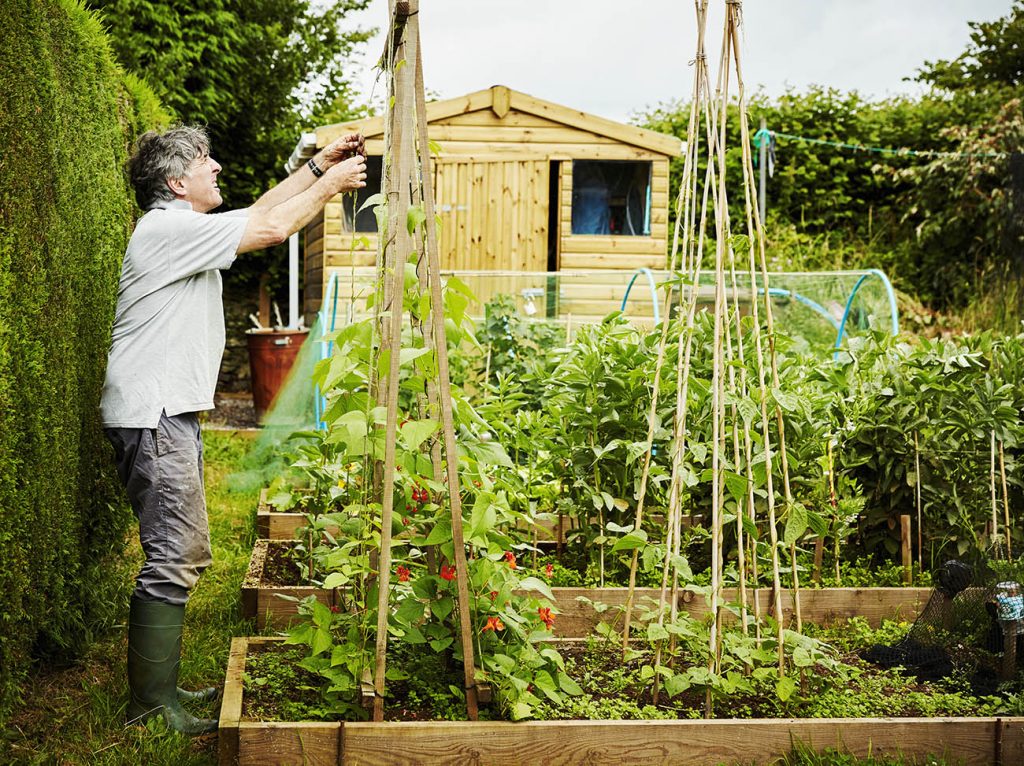
Chives: Improve the growth and flavour of tomatoes and carrots. Chives are also excellent aphid deterrents, and also prevents black spot on roses, and scab on apple trees. Chives should be kept away from legumes such as beans and peas.
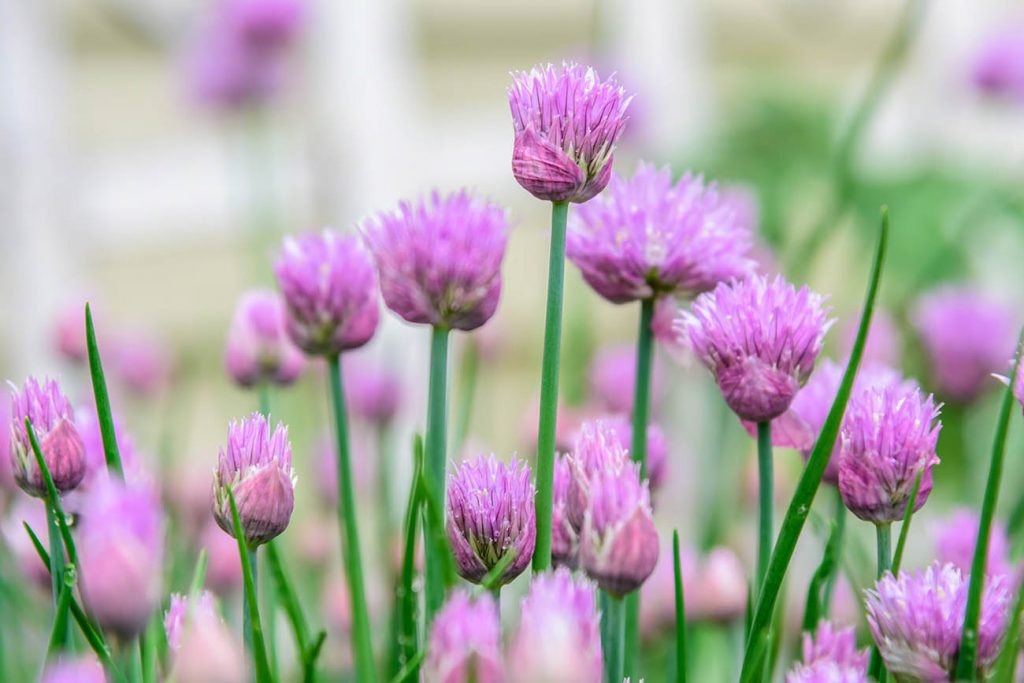
Coriander (cilantro): Repels potato beetle, spider mites, and aphids.
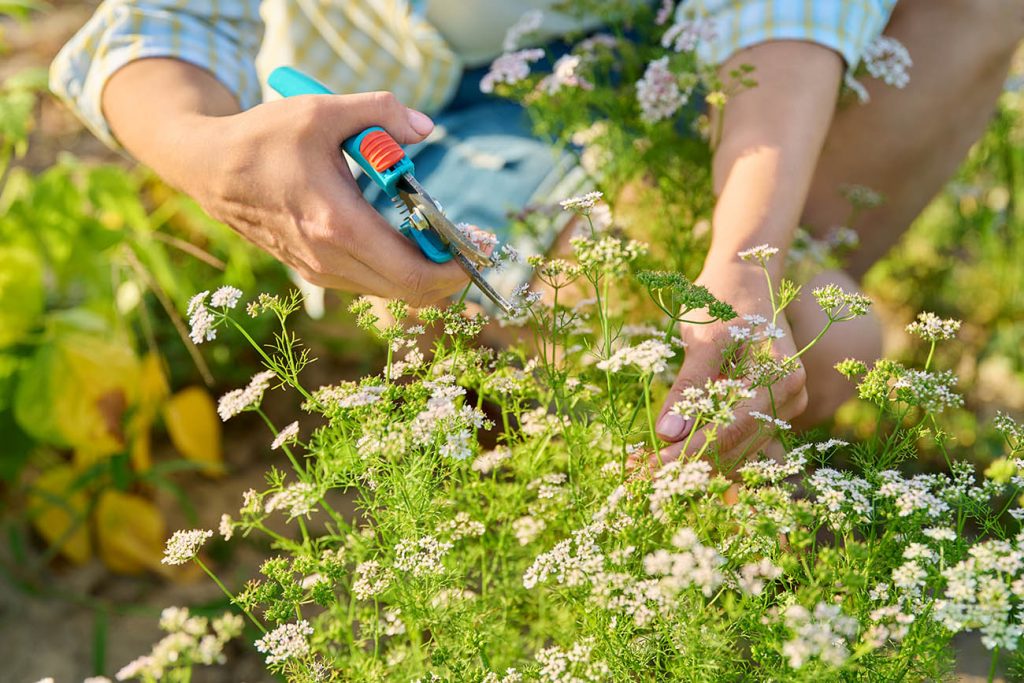
Dill: Improves the growth and health of cabbage, cucumbers, sweet corn, and lettuce. It also attracts beneficial insects and repels aphids and spider mites. Dill should be kept away from tomatoes and carrots.
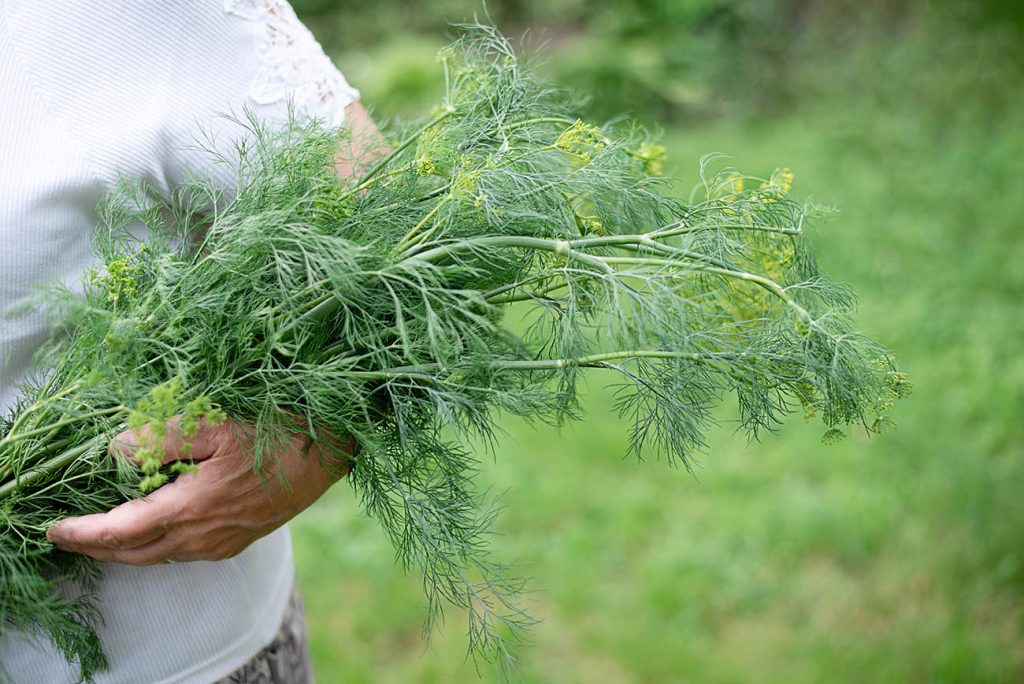
Fennel: Although fennel is NOT a companion plant, i feel I should mention it here. Fennel can be planted near dog kennels, as it is an excellent flea repellent, and attracts many beneficial insects. Fennel should NOT be planted near your vegetable garden, as it will inhibit their growth, cause the seeds to bolt, and will even kill some plants.
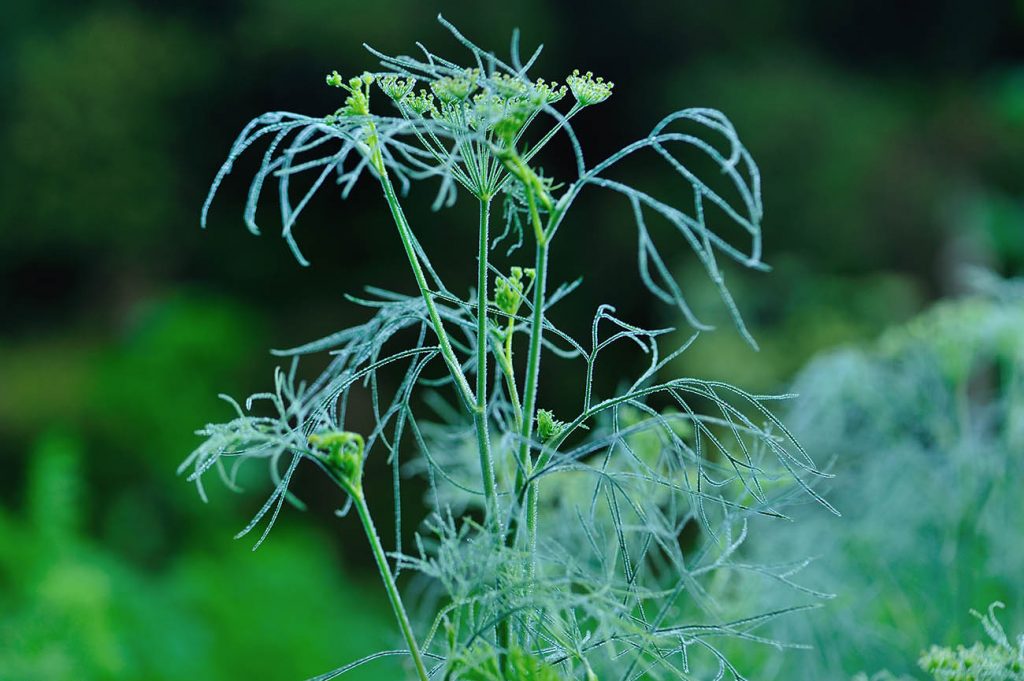
Garlic: One of the most beneficial plants in the garden, garlic is beneficial to most plants, deterring aphids, borers, snails, and even deer! Garlic accumulates sulphur, which acts as a natural fungicide, and a concentrated garlic spray will repel whiteflies and fungus gnats.
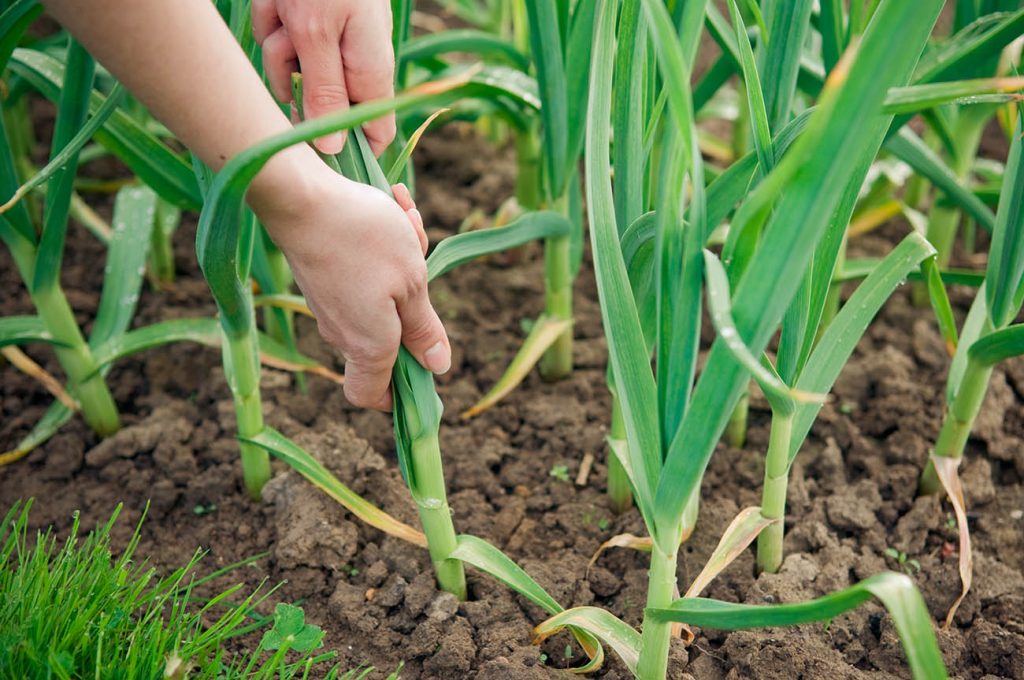
Lavender: Repels fleas, whiteflies, and moths. Lavender also attracts many beneficial insects, especially nectar feeders like bees and butterflies. Lavender can be planted with most plants.
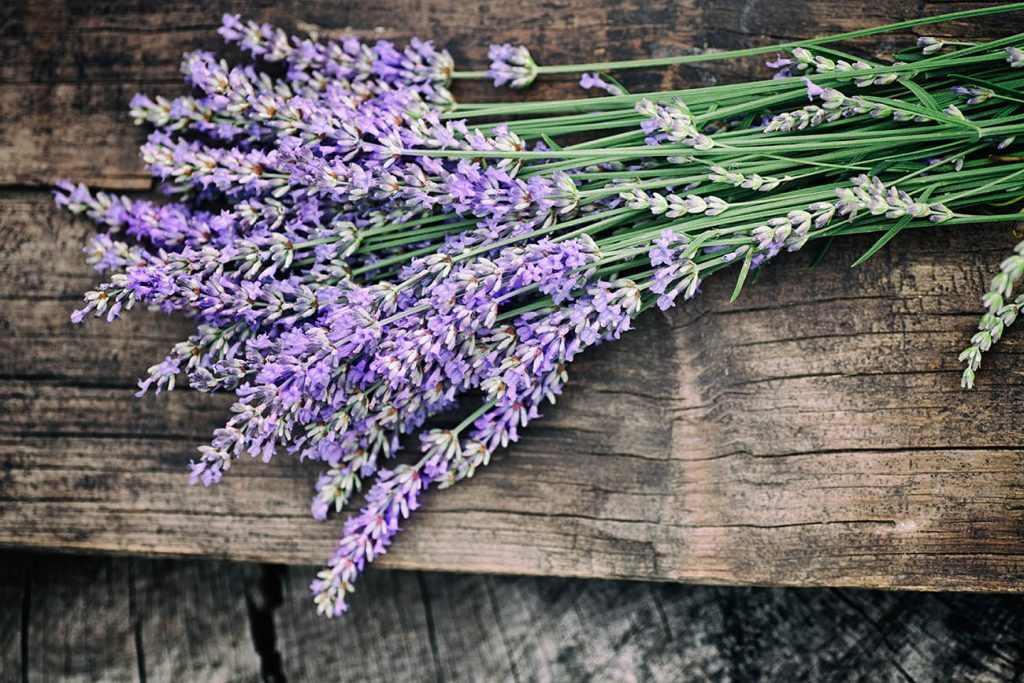
Mint: Improves the health of tomatoes and cabbages, and attracts earthworms, predatory wasps and hoverflies. Mint is also good at deterring ants, rodents, cabbage moth, aphids and fleas.
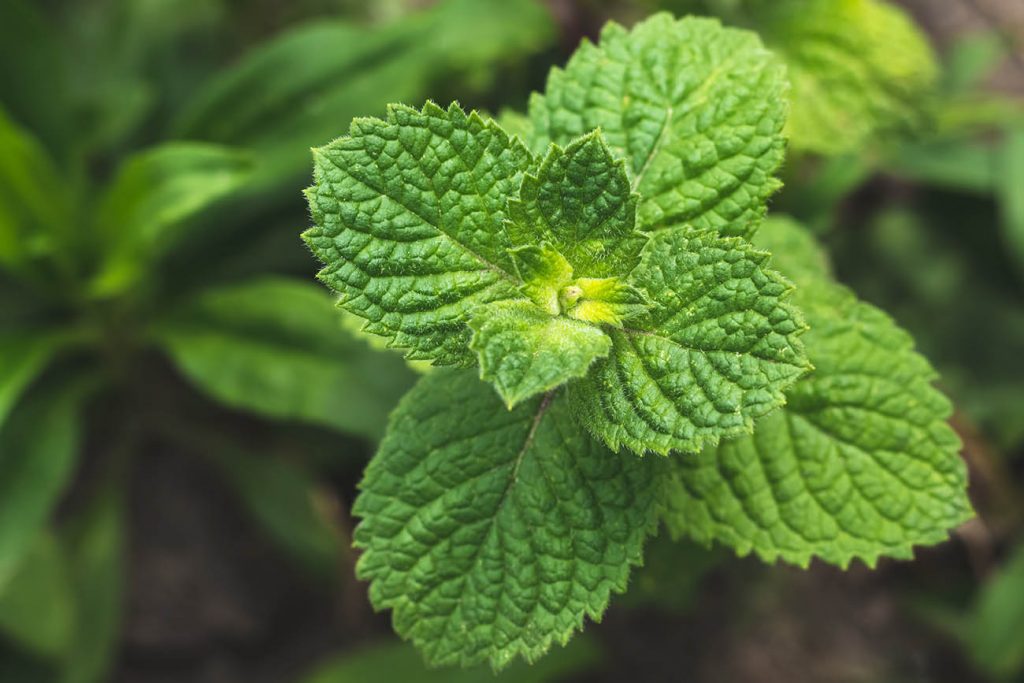
Nasturtiums: Improve the growth and flavour of many plants including the brassica family (cabbage, brussels sprouts, broccoli etc), tomatoes, fruit trees, and radishes. Nasturtiums are also used to repel aphids, beetles and whiteflies, while attracting beneficial predatory insects.
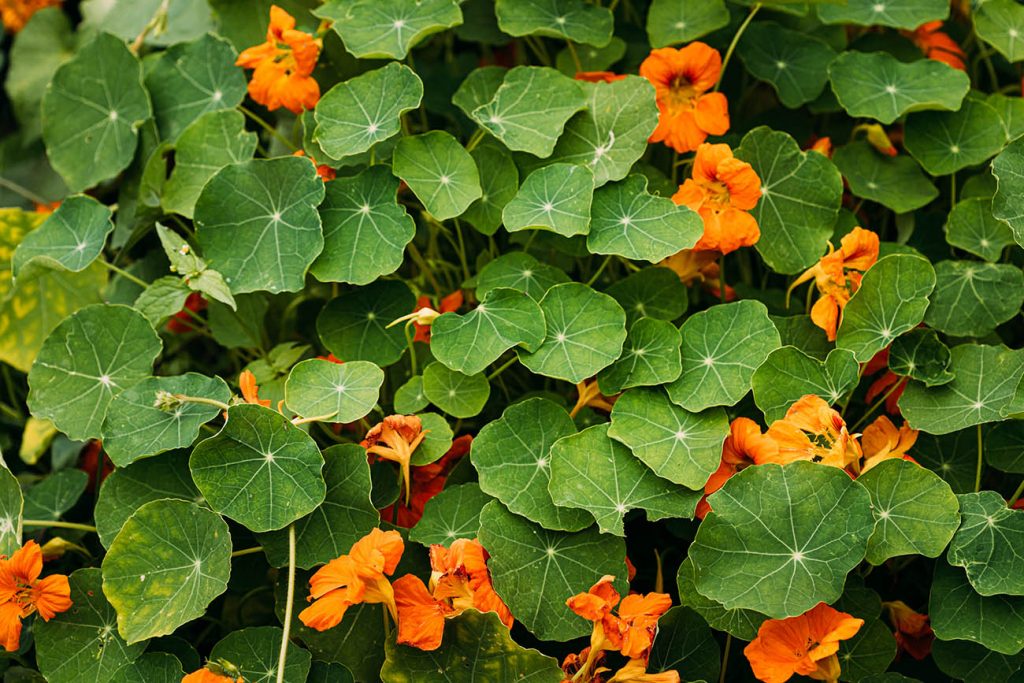
Oregano: Oregano is beneficial to most plants, and is especially good for repelling cabbage moth and cucumber beetle.
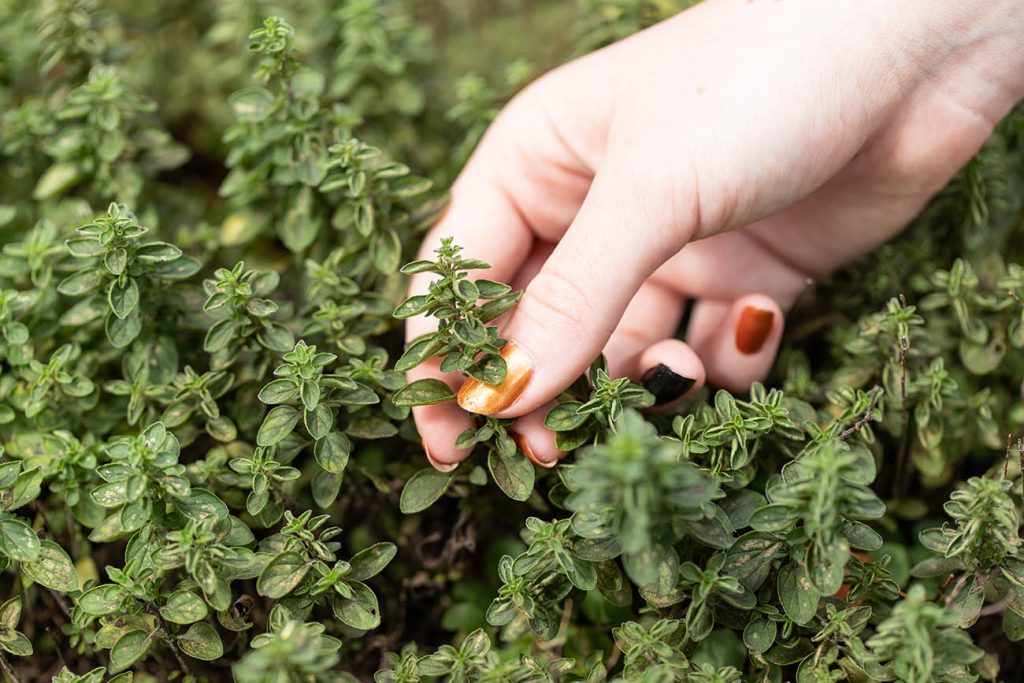
Peppers: also known as capsicum, bell pepper, or sweet pepper, grow well with onions, tomatoes, basil and parsley. Peppers should be kept away from kohlrabi, fennel and apricot trees
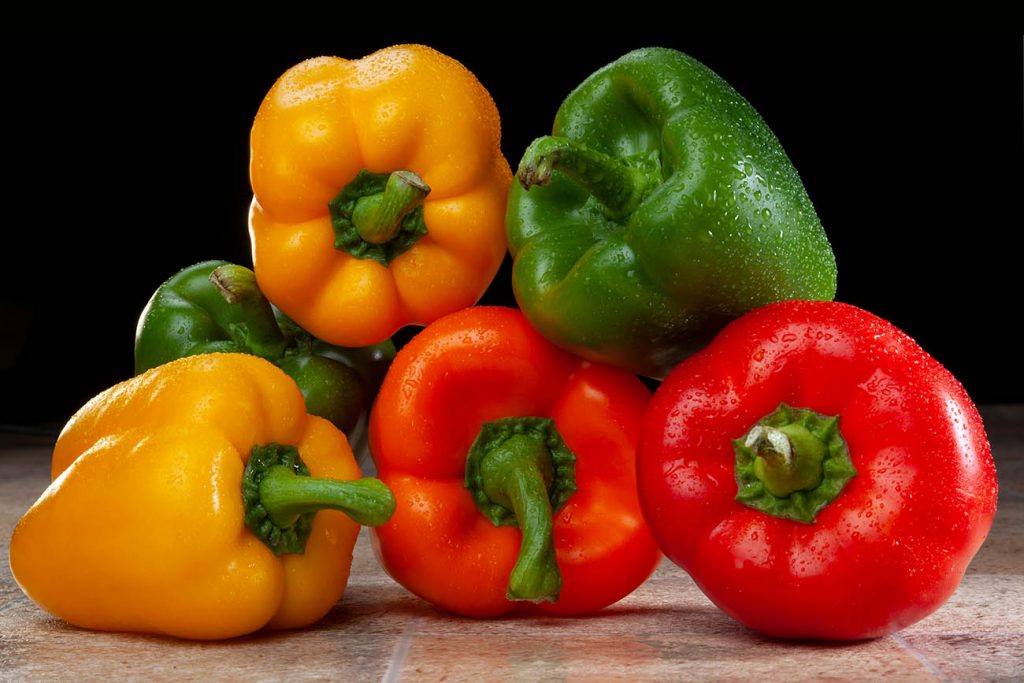
Radish: Radishes are great companion plants for carrots, cucumber, lettuce, melons, beans, spinach and squash. They repel rust flies, squash borers and cucumber beetle, and lure leafminers away from spinach crops. Radishes will also indicate the calcium levels in your soil; if the root is stringy, your calcium levels are low. Radishes should be kept away from brassicas, hyssop and turnips.
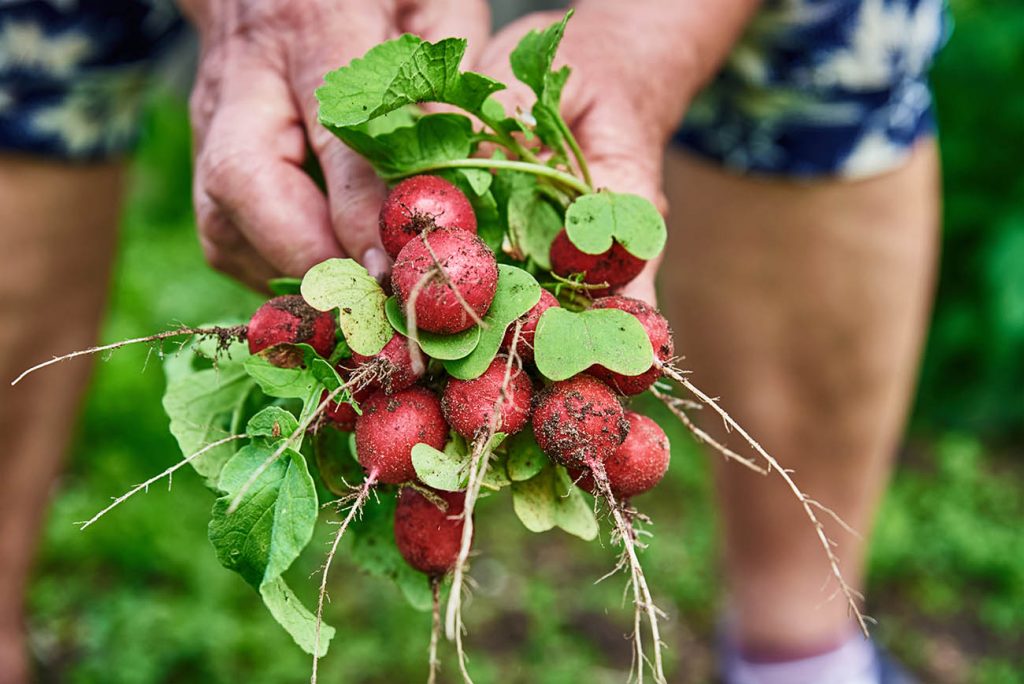
Sage: Planted near brassicas, carrots and rosemary, sage deters black flea beetles, cabbage moths, carrot flies, and beetles. When allowed to flower, sage attracts many beneficial insects such as bees and butterflies. Sage should be kept away from cucumbers, rue, and onions.
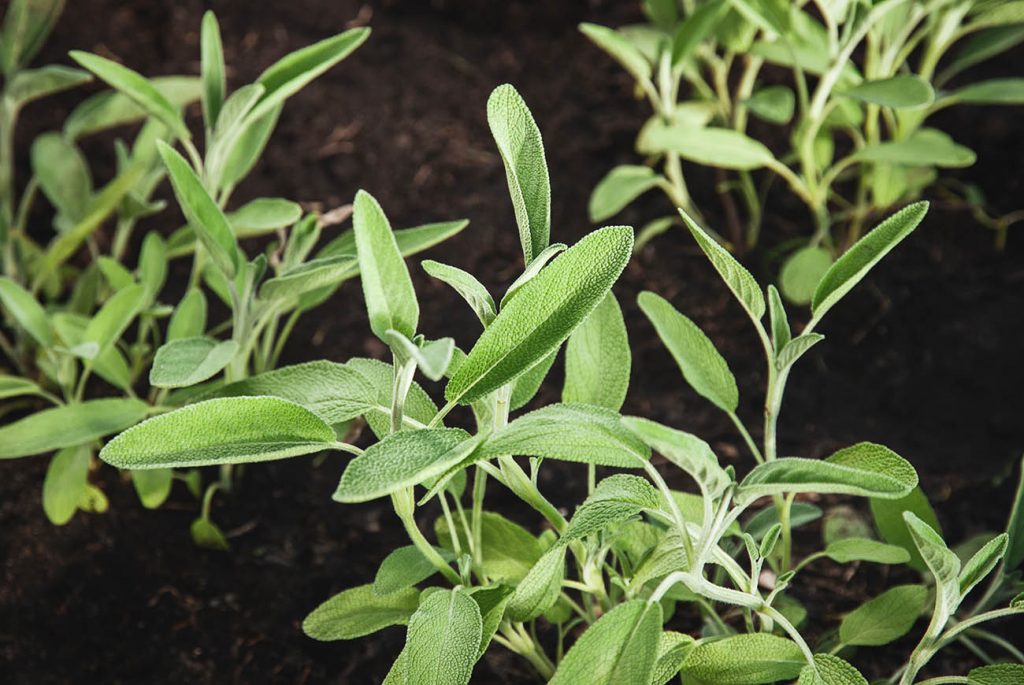
Sunflowers: Increase the yield of corn crops, and attract aphids away from other plants. Sunflowers also attract birds including hummingbirds which eat whiteflies.
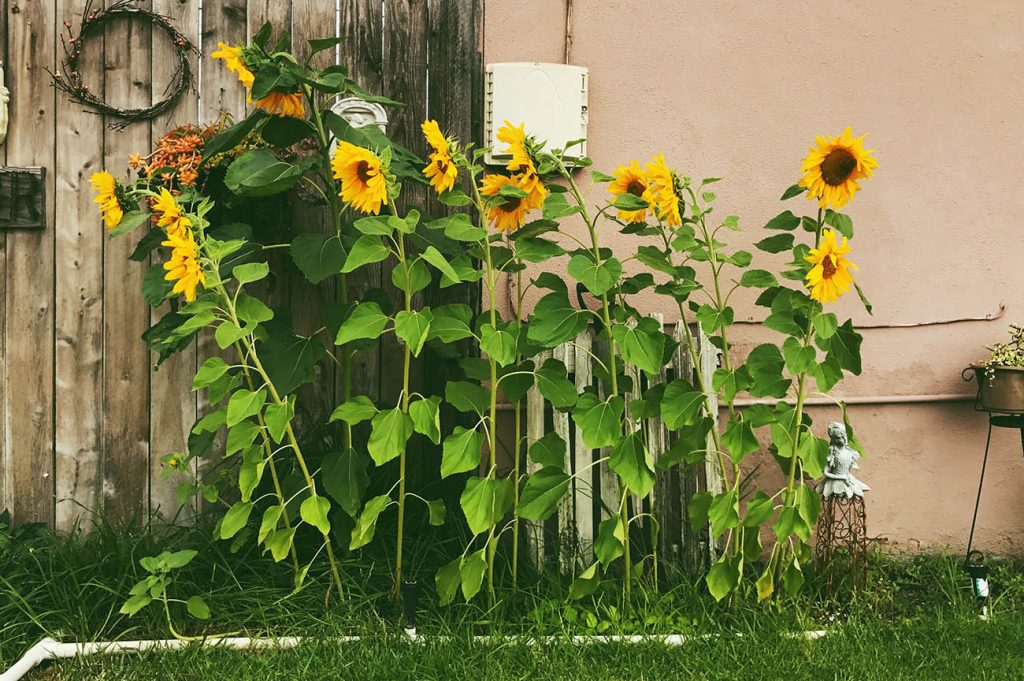
Tansy: Although tansy is a good repellent for many pests including mice, beetles, ants, squash bugs, and flies, it should be planted with caution. Tansy can be very invasive, and should be kept away from pets and livestock, as it is toxic to many animals.
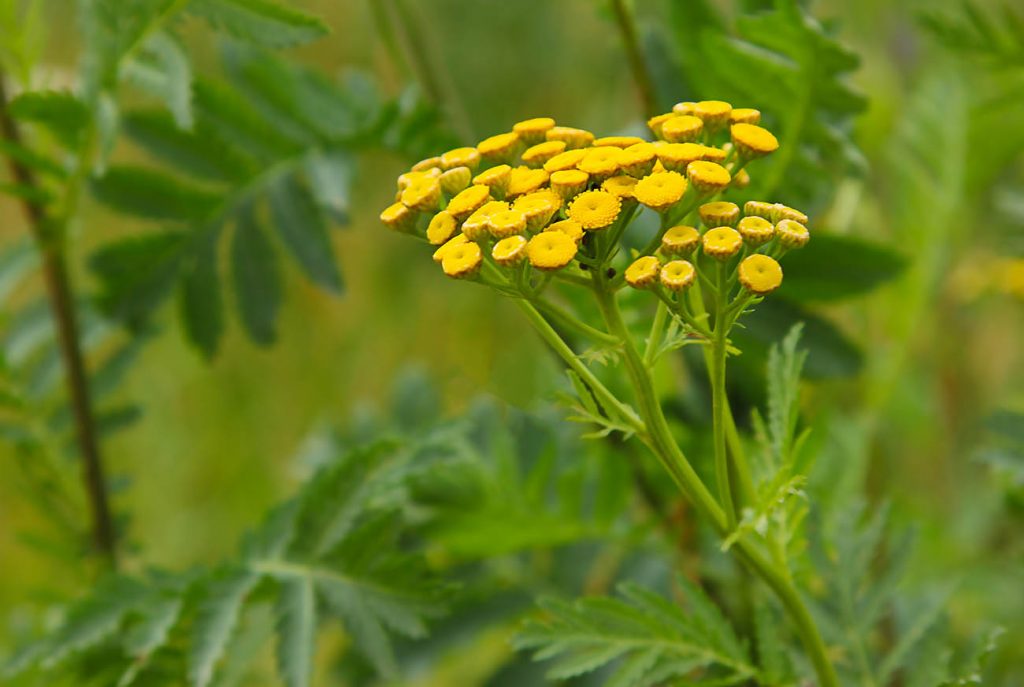
Yarrow: is an excellent fertilizer, and adding it to compost will speed up the decomposition. Yarrow is a great insect repellent, but also lures beneficial insects like butterflies, predatory wasps and ladybugs. Yarrow may also increase the potency of herbs.
